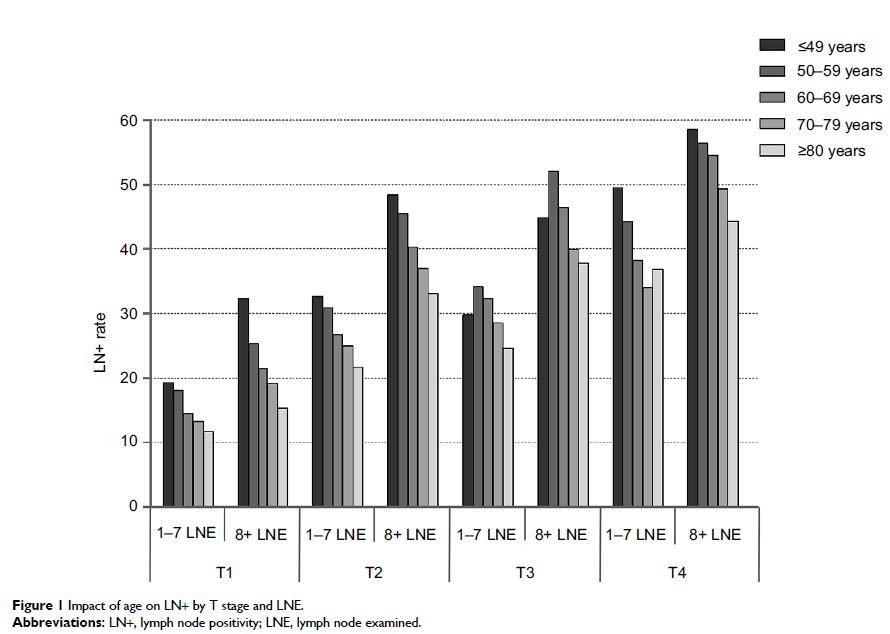9 0 6 7 6
论文已发表
注册即可获取德孚的最新动态
IF 收录期刊
- 2.6 Breast Cancer (Dove Med Press)
- 3.9 Clin Epidemiol
- 3.3 Cancer Manag Res
- 3.9 Infect Drug Resist
- 3.6 Clin Interv Aging
- 4.8 Drug Des Dev Ther
- 2.8 Int J Chronic Obstr
- 8.0 Int J Nanomed
- 2.3 Int J Women's Health
- 3.2 Neuropsych Dis Treat
- 4.0 OncoTargets Ther
- 2.2 Patient Prefer Adher
- 2.8 Ther Clin Risk Manag
- 2.7 J Pain Res
- 3.3 Diabet Metab Synd Ob
- 4.3 Psychol Res Behav Ma
- 3.4 Nat Sci Sleep
- 1.9 Pharmgenomics Pers Med
- 3.5 Risk Manag Healthc Policy
- 4.5 J Inflamm Res
- 2.3 Int J Gen Med
- 4.1 J Hepatocell Carcinoma
- 3.2 J Asthma Allergy
- 2.3 Clin Cosmet Investig Dermatol
- 3.3 J Multidiscip Healthc

年纪轻增加了淋巴结阳性的风险,但降低了非小细胞肺癌死亡的风险
Authors Xia W, Wang A, Jin M, Mao Q, Xia W, Dong G, Chen B, Ma W, Xu L, Jiang F
Received 19 September 2017
Accepted for publication 8 December 2017
Published 8 January 2018 Volume 2018:10 Pages 41—48
DOI https://doi.org/10.2147/CMAR.S152017
Checked for plagiarism Yes
Review by Single-blind
Peer reviewers approved by Dr Amy Norman
Peer reviewer comments 2
Editor who approved publication: Professor Nakshatri
Abstract: Non-small cell lung
cancer (NSCLC) prognosis and risk of lymph node positivity (LN+) are reference
points for reasonable treatments. The aim of the current study was to
investigate the effect of age on LN+ and NSCLC death. Data from the
Surveillance, Epidemiology, and End Results (SEER) registry were used to
identify 82,253 patients with NSCLC diagnosed between 1988 and 2008. All the
patients underwent standard lung cancer surgery with lymph node examination.
Demographic and clinicopathological parameters were extracted and compared
among each age group. Impact of age on LN+ and NSCLC death was evaluated by the
Cochran–Armitage trend test and logistic univariate and multivariate analyses
for all T stages. Overall, 22,711 (27.60%) patients of the entirety had lymph
node metastasis and 28,968 (35.22%) patients died of NSCLC within 5 years.
With the increase in age, LN+ rates decreased regardless of T stages (P <0.001), whereas
NSCLC-specific mortality increased in stages T1–T3 (P <0.001).
Controlling other covariates in multivariable logistic regression, age remained
an independent risk factor for LN+ in all T stages (P <0.05)
and in stages T1–T3 (P <0.05). Our
SEER analysis demonstrated a higher rate of LN+ and lower mortality in younger
patients with NSCLC, after accounting for other covariates.
Keywords: NSCLC, lymph
node positivity, mortality, age, SEER
